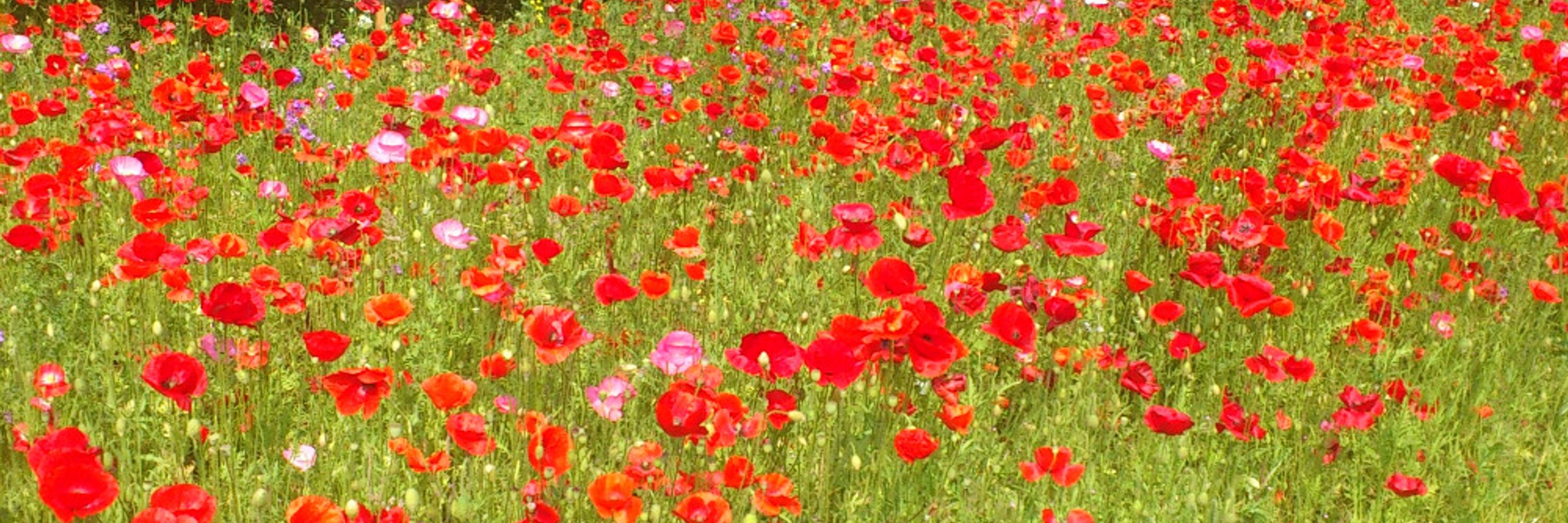
"Event tagging" is simple, but holds real promise. #PsychSciSky #memory
doi.org/10.31234/osf...
"Event tagging" is simple, but holds real promise. #PsychSciSky #memory
doi.org/10.31234/osf...
https://doi.org/10.1523/JNEUROSCI.0187-25.2025

gershmanlab.com/textbook.html
It's a textbook called Computational Foundations of Cognitive Neuroscience, which I wrote for my class.
My hope is that this will be a living document, continuously improved as I get feedback.
gershmanlab.com/textbook.html
It's a textbook called Computational Foundations of Cognitive Neuroscience, which I wrote for my class.
My hope is that this will be a living document, continuously improved as I get feedback.
We show that the HPC supports coincidence detection across VTA and lPFC in service of novelty-evoked invigoration. Stay-tuned for how these circuits are altered in psychosis risk.
We show that the HPC supports coincidence detection across VTA and lPFC in service of novelty-evoked invigoration. Stay-tuned for how these circuits are altered in psychosis risk.
🕵️ Seeking a postdoc to study the development & individual-level organization of brain circuits supporting (in)flexible behavior in psychiatric populations.
🧠 Precision functional mapping, fMRI, normative modelling
Details 👉 tinyurl.com/3h8tcv2e
🗓️ Apply by Dec 10! Please RT 🙌
🕵️ Seeking a postdoc to study the development & individual-level organization of brain circuits supporting (in)flexible behavior in psychiatric populations.
🧠 Precision functional mapping, fMRI, normative modelling
Details 👉 tinyurl.com/3h8tcv2e
🗓️ Apply by Dec 10! Please RT 🙌

A neural state space for episodic memories
www.sciencedirect.com/science/arti...
#neuroskyence #psychscisky #cognition 🧪

A neural state space for episodic memories
www.sciencedirect.com/science/arti...
#neuroskyence #psychscisky #cognition 🧪
New paper by @selmalugtmeijer.bsky.social showing that neural states get longer as people age. #PsychSciSky
nature.com/articles/s42003-025-08792-4

New paper by @selmalugtmeijer.bsky.social showing that neural states get longer as people age. #PsychSciSky
nature.com/articles/s42003-025-08792-4
Okay - I am biased, but I am super proud of this paper and @dkvarga.bsky.social has done a truly awesome job of running this project (3 separate fMRI studies!). Thanks also to our amazing colleagues for their support.
doi.org/10.1073/pnas...
We show that the hippocampus detects mismatches between ongoing experiences and episodic memories but not generalised schematic knowledge.
See 🧵for how we got here:
#neuroskyence #PsychSciSky
Okay - I am biased, but I am super proud of this paper and @dkvarga.bsky.social has done a truly awesome job of running this project (3 separate fMRI studies!). Thanks also to our amazing colleagues for their support.
Cool work by @chrismbird.bsky.social @ayab.bsky.social et al!

Cool work by @chrismbird.bsky.social @ayab.bsky.social et al!
“Putting the testing effect to the test in the wild: Retrieval enhances real-world memories and promotes their semantic integration while preserving episodic integrity”
See thread! 🧵 osf.io/preprints/ps...
“Putting the testing effect to the test in the wild: Retrieval enhances real-world memories and promotes their semantic integration while preserving episodic integrity”
See thread! 🧵 osf.io/preprints/ps...
osf.io/preprints/ps...
osf.io/preprints/ps...

www.sciencedirect.com/science/arti...
Looks like an interesting study from @dyamins.bsky.social and colleagues

www.sciencedirect.com/science/arti...
Looks like an interesting study from @dyamins.bsky.social and colleagues
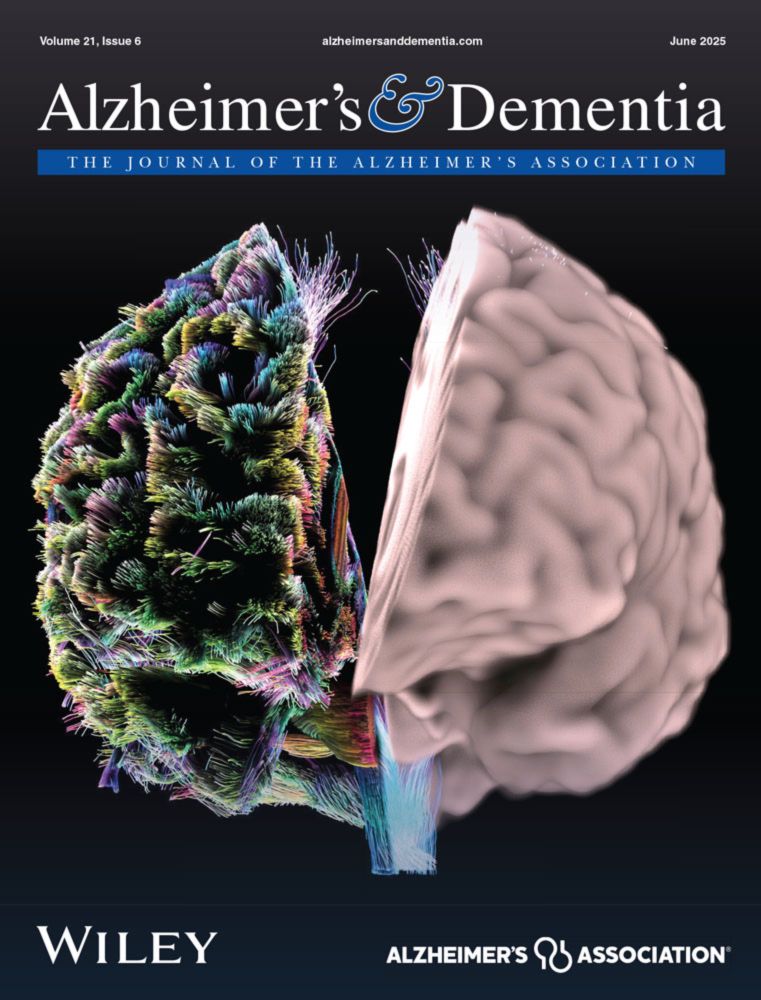
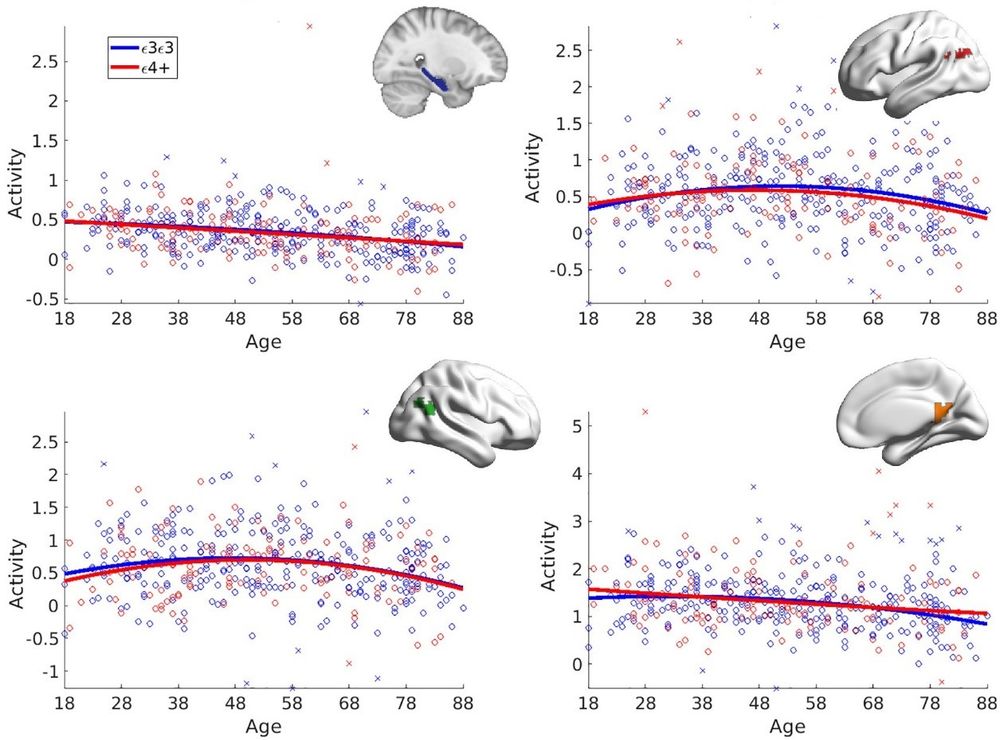
#neuroskyence
#psychscisky
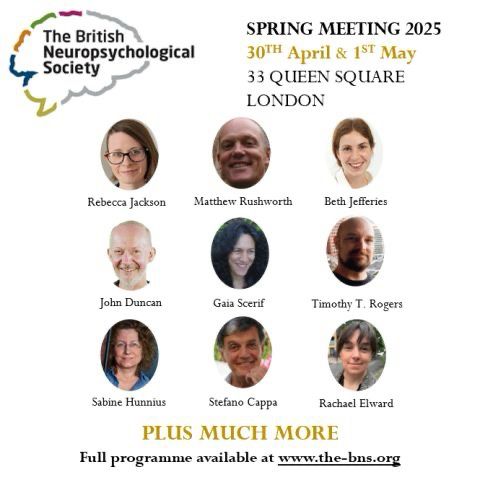
#neuroskyence
#psychscisky
Lifestyle matters for genetic Alzheimer’s disease risk: APOE4 reduces neurovascular function most in an already-stressed system, when neurons are active and mice do less exercise.
I'll tell you all about it! 🧪 #neuroscience #alzheimers
rdcu.be/d74uh
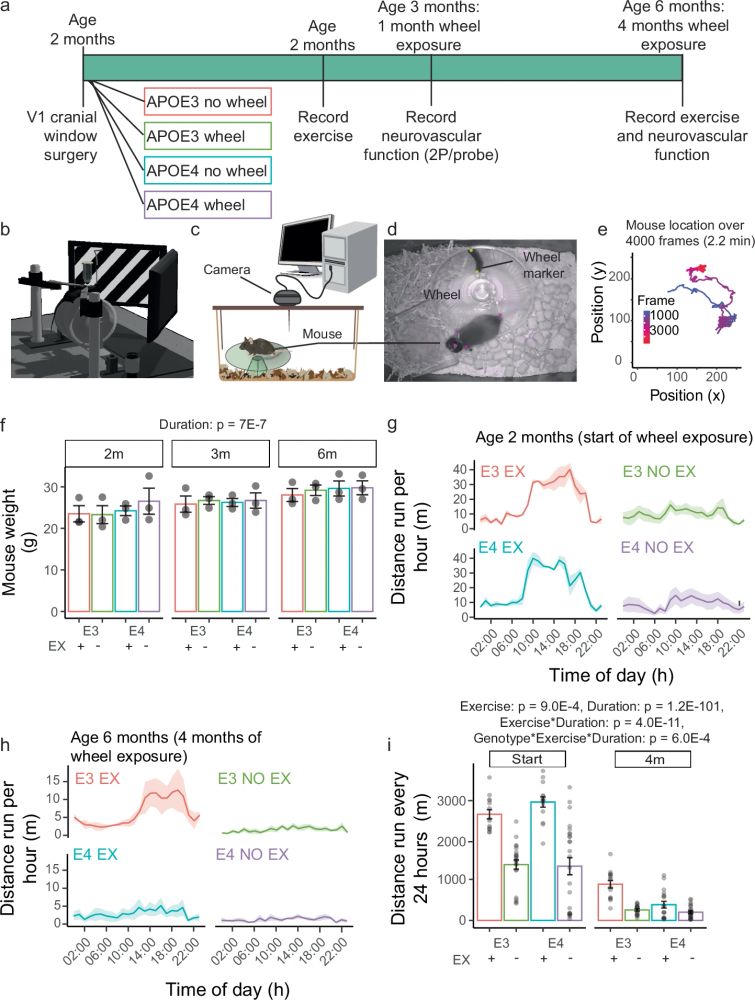
Lifestyle matters for genetic Alzheimer’s disease risk: APOE4 reduces neurovascular function most in an already-stressed system, when neurons are active and mice do less exercise.
I'll tell you all about it! 🧪 #neuroscience #alzheimers
rdcu.be/d74uh
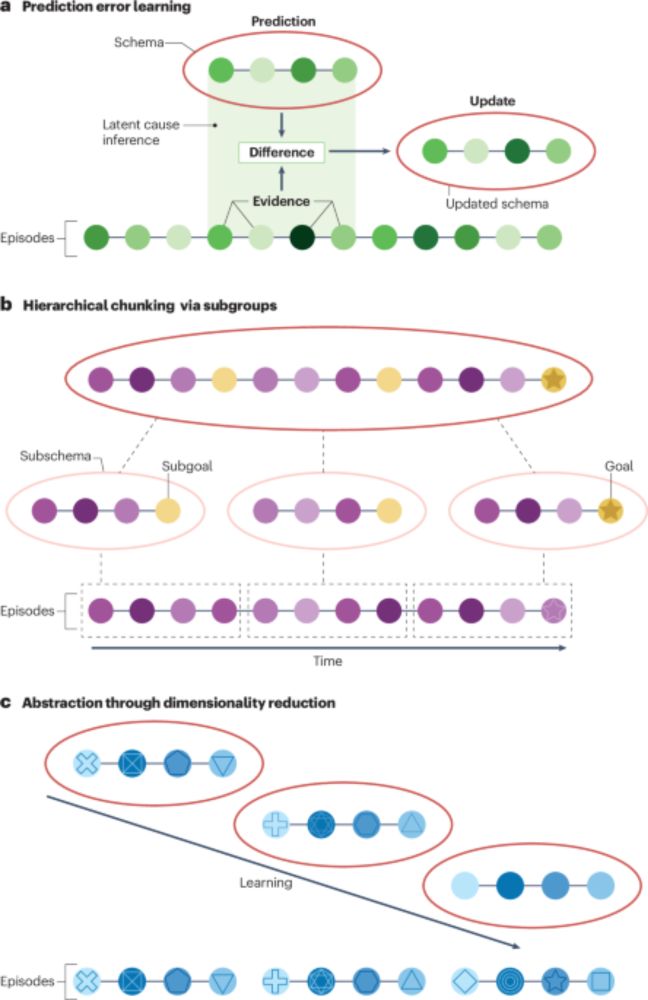
Call for nominations now open!
Deadline: April 1st. ⏱️
More info: www.the-bns.org/prizes
#neuroskyence
#psychscisky
Call for nominations now open!
Deadline: April 1st. ⏱️
More info: www.the-bns.org/prizes
#neuroskyence
#psychscisky
https://online.ucpress.edu/collabra/article/10/1/116195/200614/The-Relationship-Between-Subjective-Memory
(co-authors @chrismbird.bsky.social @flaviadielle.bsky.social @samberens.bsky.social @maureenritchey.bsky.social) (1/9)
"Visual event boundaries restrict anchoring effects in decision-making"
#neuroskyence #PsychSciSky
"Visual event boundaries restrict anchoring effects in decision-making"
#neuroskyence #PsychSciSky
We just launched Neurosynth Compose: A free and open platform for neuroimaging meta-analysis. NS-Compose makes it easy to perform custom neuroimaging meta-analyses without leaving the browser.
It's live, check it out! compose.neurosynth.org
We just launched Neurosynth Compose: A free and open platform for neuroimaging meta-analysis. NS-Compose makes it easy to perform custom neuroimaging meta-analyses without leaving the browser.
It's live, check it out! compose.neurosynth.org
@charan-neuro.bsky.social
Brendan Cohn-Sheehy,
Mitchell Nguyen, Reesha Yadav, and James Spargo!:
authors.elsevier.com/a/1i3703BtfH...
@charan-neuro.bsky.social
Brendan Cohn-Sheehy,
Mitchell Nguyen, Reesha Yadav, and James Spargo!:
authors.elsevier.com/a/1i3703BtfH...

